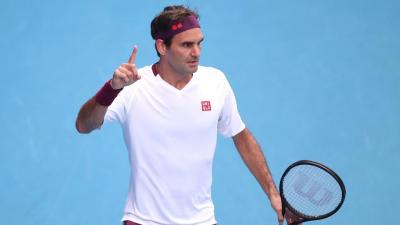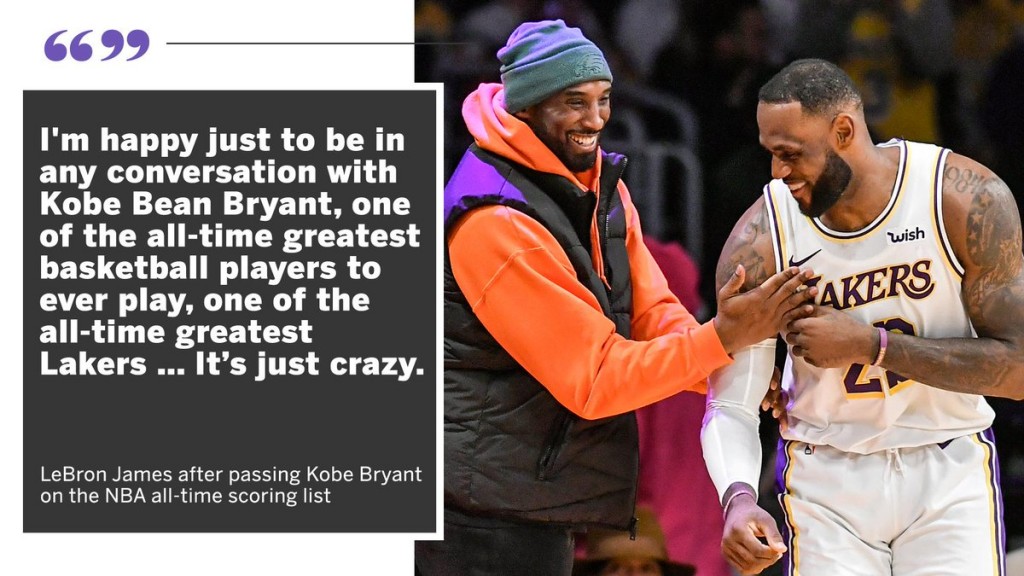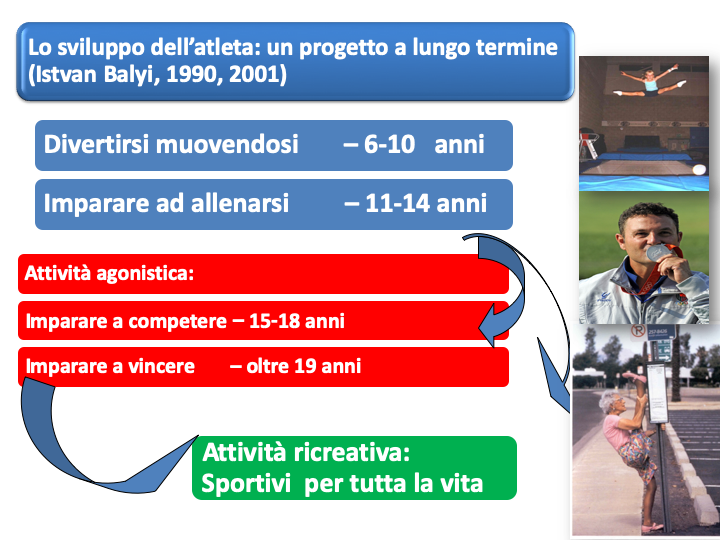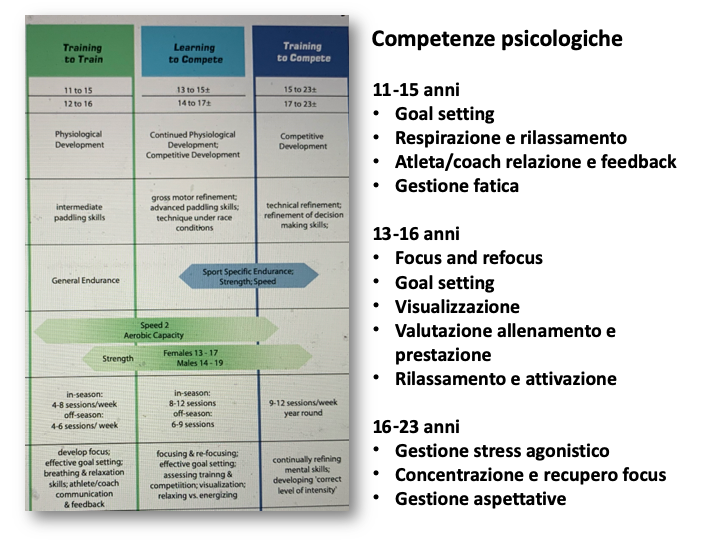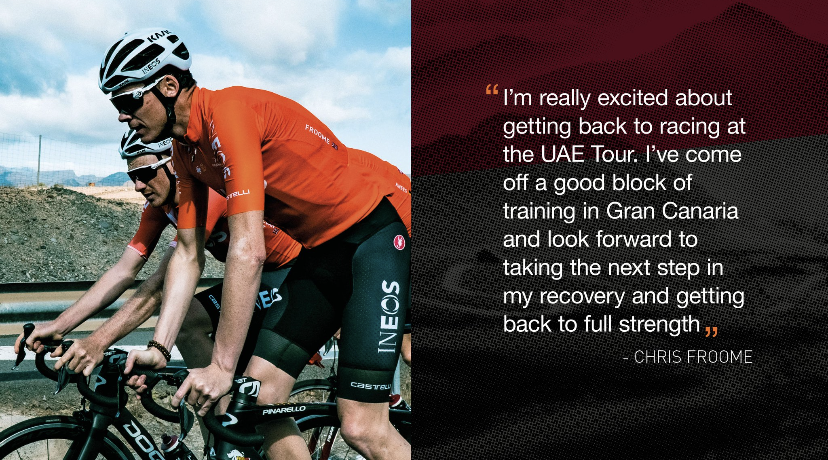Harvard Business Review published an article titled “To handle increased stress, build your resilience”
Authors identify some factors that could support people to cope with stress and build resilience. As we can in the following brief synthesis the actions proposed are the same used in the athletes’ mental skill development.
“Difficult circumstances as learning opportunities rather than as a time to shut down. When we ask “What can I learn from this?” instead of “Why me?” we can shape the challenge to our advantage.
Start by jotting down three possible ways in which you might be able to learn something from the stress you’re experiencing.
It might be something related to identifying or managing your emotions, or new interpersonal or technical skills. Reflecting in this way will help you avoid going after fixes or “options” that may temporarily ease your discomfort but don’t address the root causes.
Analysis alone isn’t enough. Researchers point out that analysis without action leads to rumination and anxiety. By identifying actions you can take you’ll be able experiment with solutions and new behaviors and discover productive ways to handle challenges and stress.
By making conscious choices that help us build these skills, we’ll be better equipped to turn our stress and challenges into opportunities.
With stronger internal resilience, we can then be proactive and intentional about how we use technology and other external tools to improve the quality of our lives and our work and find solutions to the business, social, and global pressures we face. When it comes to handling stress, start with yourself: we are our own most effective, powerful resource.”
